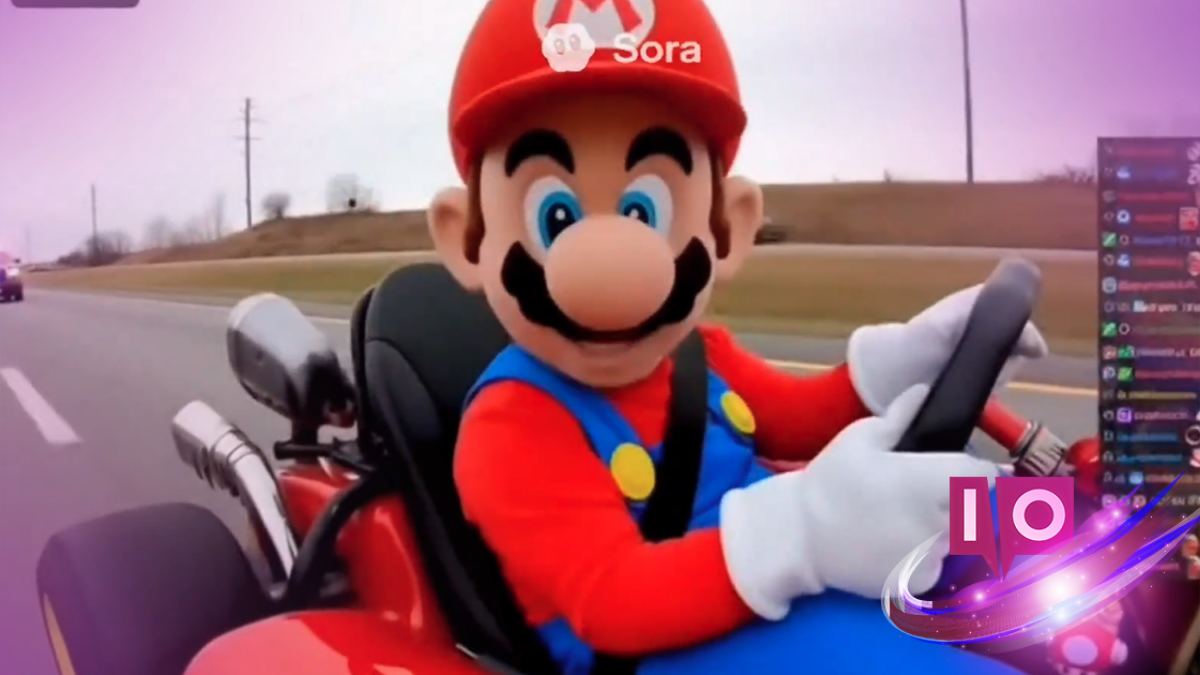The recent changes to OpenAI’s Sora 2 video generation model are causing quite a stir. Initially, the company adopted a copyright-free approach, prompting content creators to opt out if they didn’t want their material used. However, CEO Sam Altman has now announced a shift to an “opt-in” system, allowing rightsholders to have more control over their characters and content. This change has not been well received by fans of Sora, who enjoyed the platform’s creative possibilities.
This shift shouldn’t come as a surprise. Following the launch of Sora, the platform quickly became a haven for creative expressions involving copyrighted material. The influx of unauthorized content created various issues for rightsholders. For instance, some questionable videos, including parodies like Nazi SpongeBob, raised concerns. The Motion Picture Association even chimed in, urging OpenAI to take action against these potential violations. It seems the pressure from the industry led to this rapid policy change.
In his announcement, Altman claimed many creators are excited about this new form of “interactive fan fiction.” He is optimistic that this engagement will benefit rightsholders, as they will now have the power to dictate how their characters are used—if at all. However, Altman did acknowledge that there might still be instances of unauthorized content making it through the system, which raises further questions about the effectiveness of these measures.
Despite this increase in control for rightsholders, a critical concern remains: the training inputs for Sora itself. A report from the Washington Post indicated that the initial version of Sora was likely trained on copyrighted works without proper permissions. While it is unclear whether OpenAI has resolved these licensing issues for Sora 2, it’s noticeable that the generator’s ability to recreate copyrighted content stems from extensive training on existing materials.
The landscape of copyright in AI is evolving, as demonstrated by a notable case in which Anthropic settled for $1.5 billion after copyright infringement complaints. The judge ruled that using such material for training could be considered fair use, though opinions on this are mixed across different courts. OpenAI has even petitioned the government to classify AI model training as fair use, which may guide its strategies moving forward.
While OpenAI may have found a way to appease copyright holders with its new Sora policies, it risks alienating its user base. Many Sora enthusiasts express frustration over the diminished creative freedom. One user remarked that playful interactions with copyrighted characters were the app’s primary allure, while others lamented that censorship threatens the future of creative AI. The dialogue on social channels, including Twitter and Reddit, is buzzing with concerns and backlash against these new restrictions.
What are the implications of OpenAI moving to an “opt-in” model for Sora?
This change allows rightsholders to exert more control over the usage of their characters, potentially reducing copyright infringement but limiting the creative possibilities for users.
How will OpenAI assure rightsholders that their material won’t be misused?
While the new model is designed to give rightsholders more power, Altman admitted that complete prevention of unauthorized content may not be achievable right away, indicating some ongoing challenges.
Can users still create unique videos with Sora if they can’t use copyrighted characters?
With stricter controls, users may find it challenging to produce content that resonates without the inclusion of popular copyrighted characters, limiting the appeal for many.
What does the backlash from users suggest about the future of Sora?
The strong reactions indicate that OpenAI must balance copyright compliance with user creativity to maintain a dedicated user base. Failure to do so may impact the platform’s long-term viability.
As the conversation surrounding Sora continues to unfold, it’s clear that the balance between copyright law and creative freedom will remain a hot topic in the AI landscape. If you want to stay updated on related trends and the evolving digital landscape, explore more at Moyens I/O.
